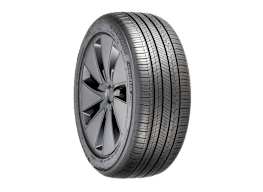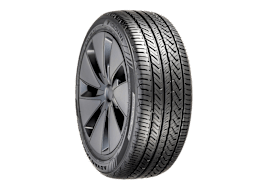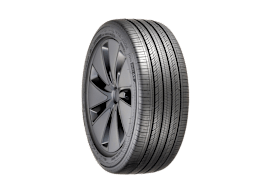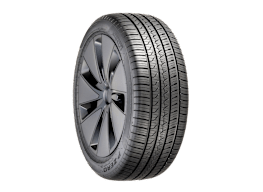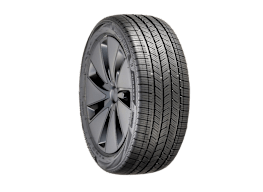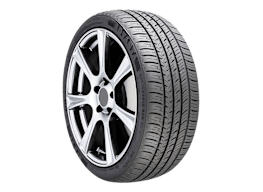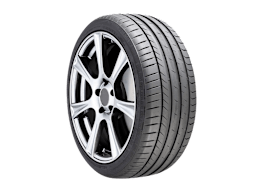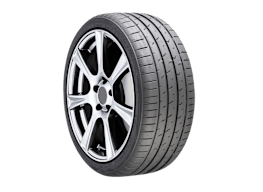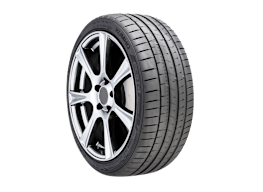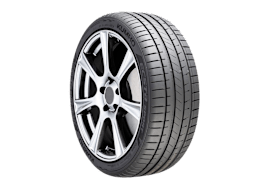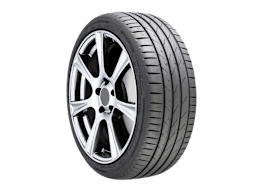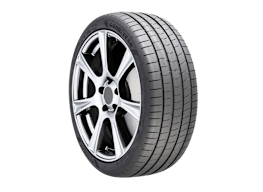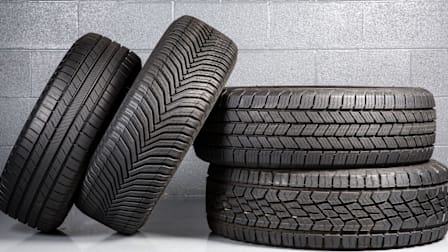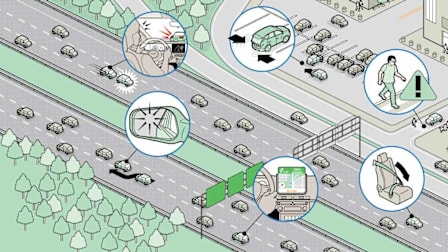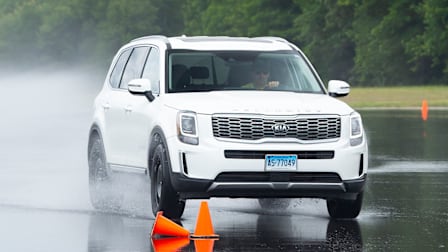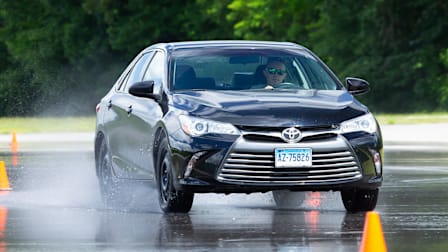Do Electric Vehicles Need Special Tires?
A CR expert weighs in on what you need to know
When transitioning from a gas-powered car to an electric one, you should know there are some differences in how they’re maintained, including the tires. One question that’s often asked is whether electric vehicles need different tires than gas-powered cars.
“EVs are significantly heavier than their internal combustion counterparts, largely due to the weight of their battery packs,” says Ryan Pszczolkowski, who oversees Consumer Reports’ tire program. “As a result, most EVs are equipped with XL [extra load] and HL [high load] load-rated tires to support the additional mass and maintain performance and safety standards.”
The on-demand torque in an EV also requires better traction because the tires are grabbing the road surface and causing a lot of friction during that initial acceleration. EV-specific tires are optimized to maximize grip and reduce wear.
Best Auto Products of the Year
Car Batteries • Car Tires • SUV and Truck Tires • Winter/Snow Tires • Infant Car Seats
More Car Questions Answered
• Do New Cars Still Require a Break-In Period?
• Should You Always Replace Car Tires in Pairs?
• Do Car Headlight Restoration Kits Really Work?
• Why Do Some Cars Have Red Turn Signals and Others Yellow?
• Is Age or Mileage More Important When Buying a Used Vehicle?
• How to Get Rid of the Musty Smell From Your Car’s Air Conditioner
• Will You Void a Car Warranty by Not Having Your Car Serviced at the Dealership?
Editor’s Note: This article has been adapted from an episode of “Talking Cars.”
